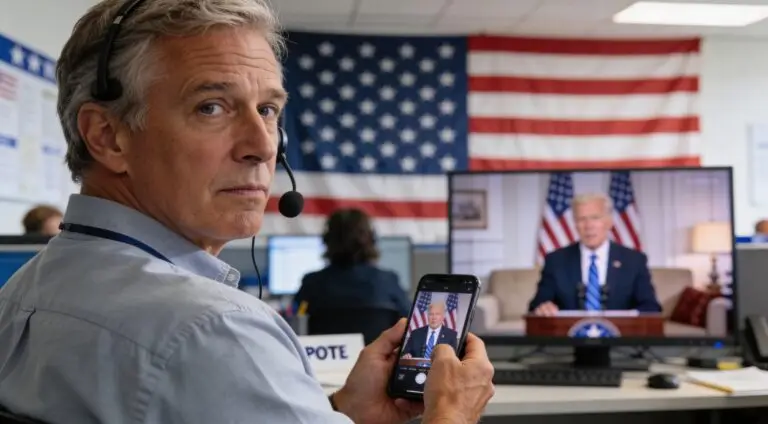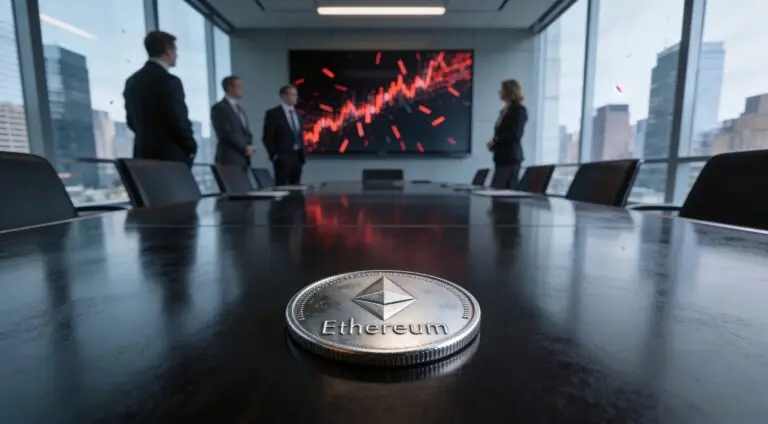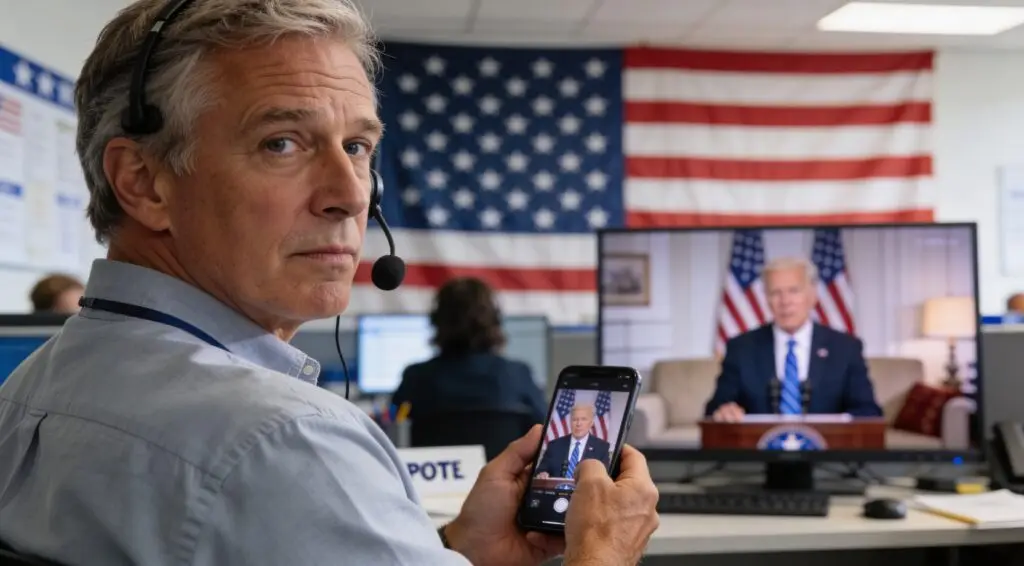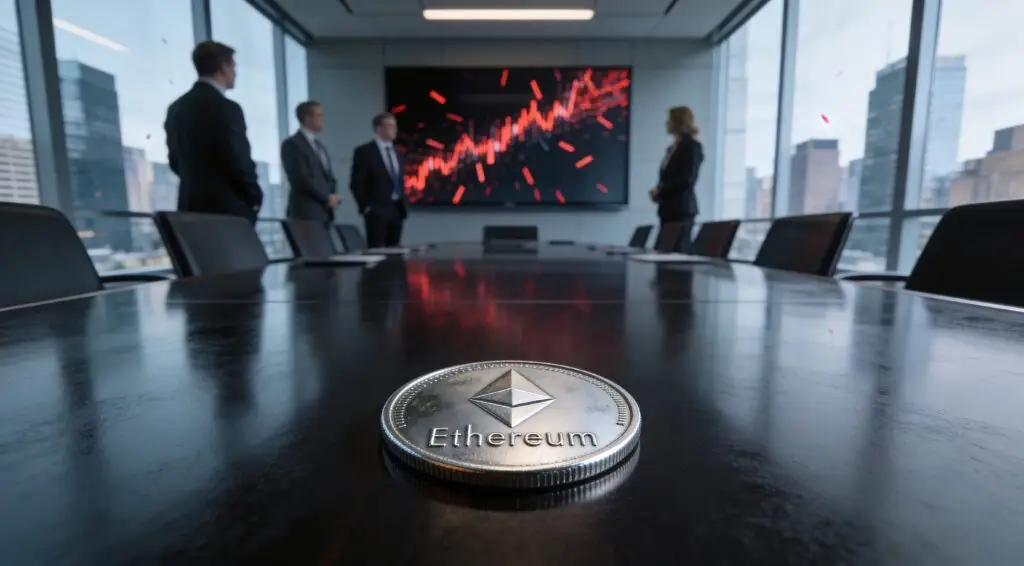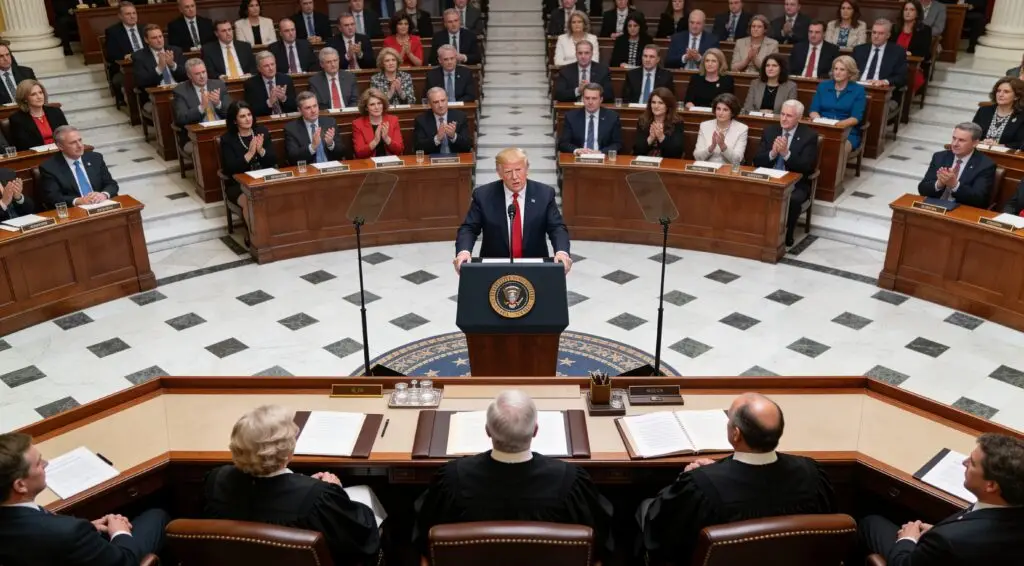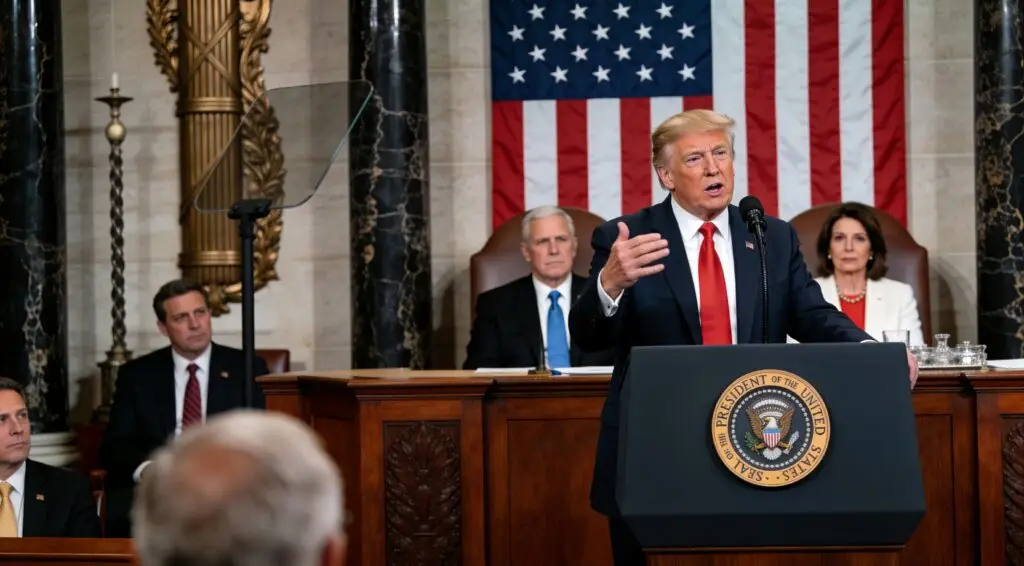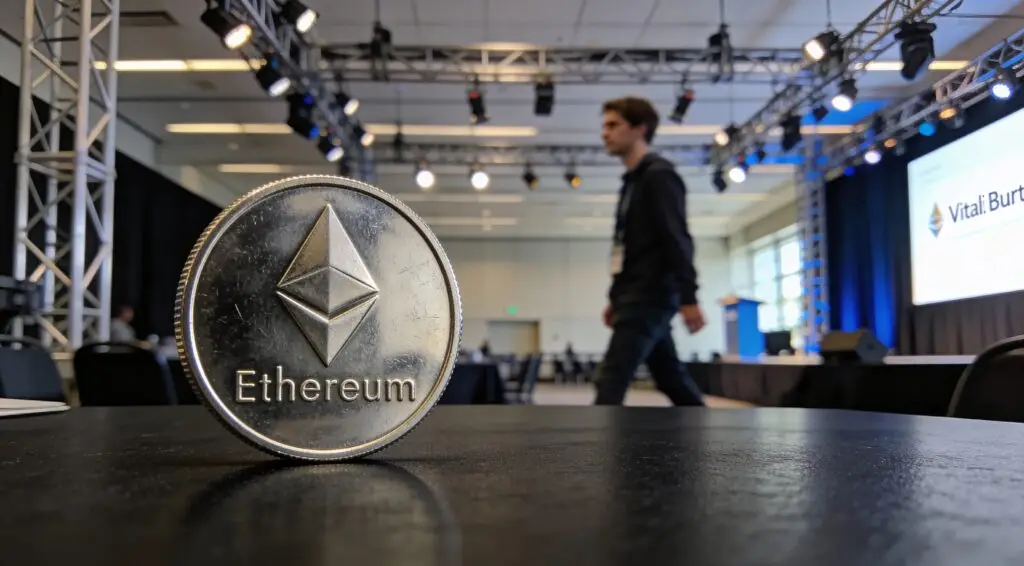Trump’s Crypto Push Triggers Ethical Alarm Bells
Donald Trump’s aggressive dive into cryptocurrency has ignited a wave of outrage from lawmakers and watchdogs, who warn that his growing personal stake in crypto ventures presents unprecedented ethical and legal risks for a sitting president. At the center of the uproar is Trump’s promotion of his own meme coin, $Trump, and his family’s expanding crypto firm, World Liberty Financial (WLF), which together have raised billions—including from foreign investors.
Lavish Dinners and Crypto Millions
Critics were particularly incensed by Trump’s high-profile dinner and private reception on May 22 at his Virginia golf club, hosted exclusively for the top 220 and 25 buyers of the $Trump token. According to Inca Digital, those buyers spent a staggering $148 million to gain access to the former president—funds that directly benefit Trump and his partners.
“There is the appearance if not the reality of corruption,” warned Richard Painter, a former White House ethics adviser under George W. Bush, referring to both the dinner and WLF’s role in a new $2 billion crypto deal with an Abu Dhabi investment fund.
Foreign Influence and a $2 Billion Deal
Concerns of foreign influence are amplified by the participation of Eric Trump at a crypto conference in Abu Dhabi earlier this month, where WLF’s key role in the $2 billion investment into Binance was revealed. Binance, the world’s largest crypto exchange, pleaded guilty in 2023 to money laundering violations and paid over $4 billion in fines. The deal includes WLF’s stablecoin, USD1, which MGX—a UAE government-backed fund—will use for its Binance investment.
The biggest individual investor in Trump’s crypto ventures is Justin Sun, a Chinese-born entrepreneur who bought nearly $20 million in $Trump tokens to secure a top spot at the May 22 dinner. Sun was previously sued by the SEC for fraud and is reportedly in talks to settle those charges.
Watchdogs Sound the Alarm
Watchdog groups and legal scholars are decrying Trump’s actions as a flagrant abuse of power. “Trump is marketing access to himself as a way to profit his memecoin,” said Columbia Law professor Richard Briffault. “It’s doubly corrupt. This is unprecedented. I don’t think there’s been anything like this in American history.”
The report from the State Democracy Defenders Fund estimates Trump’s crypto assets are worth nearly $2.9 billion as of March—despite launching less than a year ago. Senate Democrats, led by Jeff Merkley and Chuck Schumer, introduced the End Crypto Corruption Act to curb such conflicts. “He’s selling access to his administration and enriching himself in the process,” Merkley said.
Weakening Oversight Raises More Red Flags
Critics are also alarmed by the SEC’s apparent retreat under Trump. The agency has paused or dropped investigations into over a dozen crypto firms and is reportedly discussing a settlement with Sun. The Justice Department’s closure of a key crypto enforcement team in April also drew backlash, especially since the memo blamed the Biden administration’s “reckless strategy of regulation by prosecution” and cited a Trump executive order promoting digital assets.
Promises of Independence Ring Hollow
While the Trump Organization has claimed the president’s business dealings are managed by his children through a trust and that an ethics lawyer is in place, Trump’s active participation in crypto events casts doubt on those assurances. Trump’s sons, Eric and Don Jr., have vocally promoted WLF, which reportedly raised over $500 million and entitles the Trump family to 75% of token sale revenues and $400 million in fees.
At a crypto summit hosted by the White House in March, Trump vowed to end what he called the Biden administration’s “war on crypto.” His sudden embrace of digital assets marks a stark reversal from 2021, when he dismissed Bitcoin as a scam. Since then, crypto industry donations to Trump have surged.
A Global Network of Influence
Bloomberg’s analysis found that 19 of the top 25 wallets holding $Trump tokens appear to belong to individuals based outside the U.S., reinforcing fears about foreign access and influence. The second-largest investor after Sun is reportedly MemeCore, a Singapore-based crypto network that invested $18 million in hopes of attending the Trump dinner.
These developments raise fundamental questions about the separation between presidential duties and personal financial interests. “Trump’s dealings in crypto appear to present the greatest conflicts of interest and avenues for corruption any president has ever embraced,” said Larry Noble, former general counsel at the Federal Election Commission.
A Growing Storm in Washington
The political and legal storm surrounding Trump’s crypto ventures shows no signs of abating. Senators are now questioning whether Binance’s ex-CEO, Changpeng Zhao, who pleaded guilty to serious violations and is seeking a Trump pardon, may also benefit from these entanglements.
As Trump positions himself as crypto’s top advocate, critics warn that the blurred lines between public office and private profit are putting democracy at risk. Whether legislative action like the End Crypto Corruption Act can stem the tide remains uncertain, but one thing is clear: Trump’s crypto empire has sparked one of the most serious ethical controversies of his political career.



